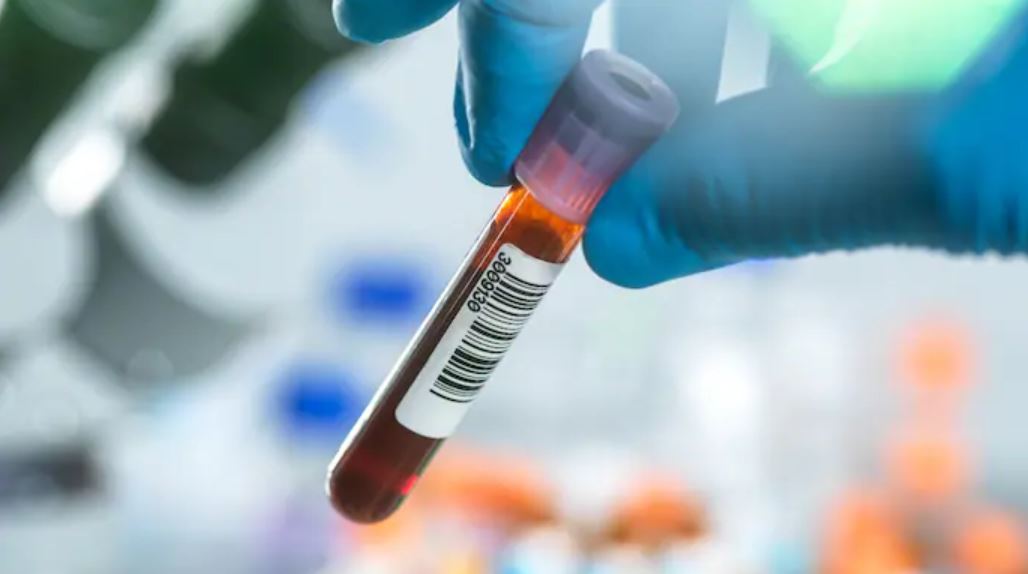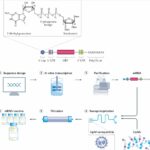 A new blood test that could simplify Alzheimer’s diagnosis is set to launch in the U.S. later this June. Developed by Fujirebio Holdings—a subsidiary of Japan’s H.U. Group Holdings—the test will initially be available at around 50 specialised research centres and hospitals.
A new blood test that could simplify Alzheimer’s diagnosis is set to launch in the U.S. later this June. Developed by Fujirebio Holdings—a subsidiary of Japan’s H.U. Group Holdings—the test will initially be available at around 50 specialised research centres and hospitals.
Goki Ishikawa, head of Fujirebio Holdings, shared in a recent interview how collaborations with established names like Beckman Coulter are helping to refine both the development and production of the test. With clearance from the U.S. Food and Drug Administration (FDA), this approval is a promising step forward for nearly 7 million Americans coping with Alzheimer’s.
Designed for individuals aged 55 and above who show signs of Alzheimer’s, the test works by identifying amyloid proteins that accumulate in the brain—a clear indicator of the disease. In just 30 minutes, from blood draw to diagnosis, it offers a cost-effective alternative to the more expensive PET scans that have long been the norm.
If you’ve ever found the process of diagnosing Alzheimer’s to be confusing or invasive, you’re not alone. Traditional methods like invasive cerebrospinal fluid tests or specialised imaging have posed significant challenges. This simpler, quicker blood test not only eases that burden but also paves the way for earlier access to emerging treatments from companies such as Eisai, Biogen, and Eli Lilly.
This advance in diagnostic technology represents a significant shift toward more accessible and patient-friendly care, offering hope for a quicker route to treatment. It’s an important development for both patients and clinicians, promising a smoother path from diagnosis to the management of Alzheimer’s.








